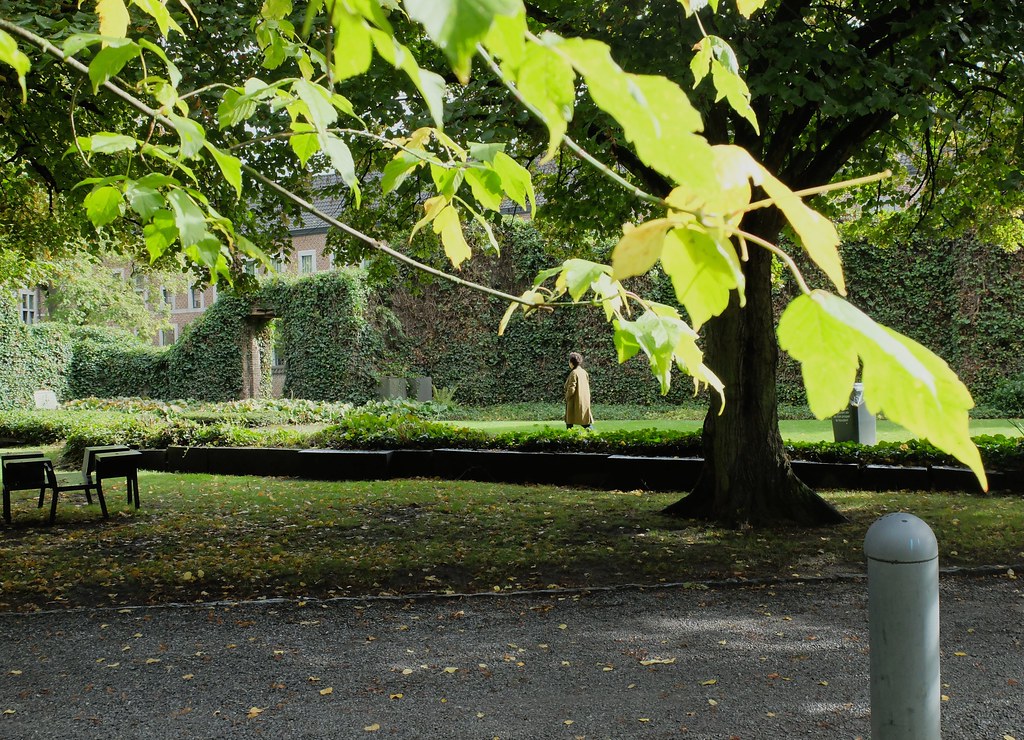Future Fabulators
Futures Of Doing Nothing
There is a growing sense at FoAM and in wider social contexts we operate in that the way we work today is not sustainable in the long run. There are therefore many future scenarios about the future of work. What would happen if we would turn “the future of work” on its head and looked at the negative spaces in between - how will we NOT work in the future? Or to frame it more positively: what is the future of doing nothing? To explore this question FoAM is organising a scenario workshop and a long-form pre-enactment, to try out what it might be like to experience a range of situations that would allow us to get better at doing nothing, already today. From October 2014 to January 2015 FoAM will puncture their working hours, days, weeks and months with pre-enacting doing nothing in a range of possible futures.
- On the FoAM site: http://fo.am/futures-of-doing-nothing/
- Reflection on the workshop by Lies Declerck (in Dutch)
- Lunch menu from the Samhain pre-enactment of Barbara Raes
Part of the Future_Fictions exhibition.

Why doing nothing?
The future of work is a topic that has been with us since the industrial revolution. Today we hear about post-growth economists, new labour movements, sustainability gurus preaching work-life balance, and techno-optimists forecast an automated future which promises more time for leisure, learning or simply doing nothing. Whether through a “21-hour working week”, unconditional basic income or ubiquitous automation, we should be moving towards a time where work is history, where stress and overwork are things of the past. However, for the majority of the world, social and economic trends around work are pulling in opposite directions. For some of us long working hours and (self)exploitation are the order of the day, for others unemployment and stagnant economies threaten collapse.
Doing nothing, idling, aimless wandering, pondering, meditating and other forms of being present without striving towards a specific goal are known to be mental states in which the creative and the unexpected tend to emerge. In a world caught between crises, tensions and paradoxes, the need for such creative detours is not a luxury but a necessity.
In the “Futures of Doing Nothing” workshop we are asking how could things be otherwise. What could we change in our individual lives, larger social systems and world-views in order to embrace idleness as a virtue? What does the negative space of the consumerist work-ethic look like? What can we begin changing in our daily routines and enduring principles, starting today, tomorrow or next week? In short, what might be the futures of doing nothing?
We invite dedicated practitioners and enthusiasts - people who are willing to challenge and change unsustainable work-culture - to spend two days probing the past, present and future of idleness. We want to find out about existing and emerging ideas, practices and philosophies that can guide us through what could be the futures of doing nothing. In a co-creative process we will design a range of scenarios and translate them into experience prototypes or “pre-enactments” that can be integrated in the participants’ daily life.
Some of our inspirations can be found at: what_people_say_about_doing_nothing and Doing Nothing research pages
